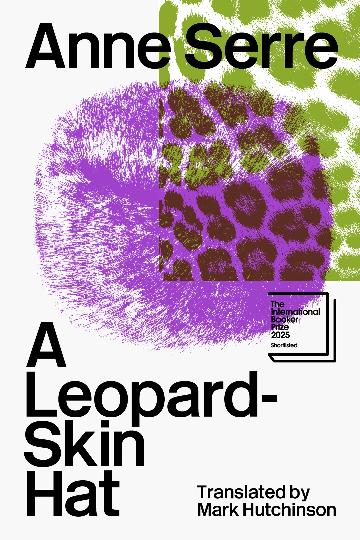I always imagined that Paradise would be a kind of library.
From the Australian Book Industry-Award winning author of Australian Abstract.
‘Containing a sublime collection of works, Amber Creswell Bell’s book is a deeply fascinating insight into Antipodean portraiture.’ – DAVID WENHAM
Since the advent of the camera nearly two centuries ago, a portrait is no longer expected to be an exact likeness. From surrealist renderings to abstract interpretations, contemporary artists have shed the convention of traditional portraiture, experimenting with an array of styles to convey the personality and character of their subjects.
In About Face, Amber Creswell Bell examines the practices of a diverse canvas of portrait painters in Australia and New Zealand. The dynamic nature of both the artists and their work reflects an evolution of culture, society and creative practice. These painters use portraiture to convey a narrative, engage with social, political or environmental issues or evoke the complexity of the human experience; some are simply fascinated by human faces.
Whatever the artist’s motivation, every work makes clear that portraiture has always been a powerful means of telling stories and exploring our individual and collective identities.



Joe recommends...
A Leopard-Skin Hat may be Anne Serre’s most moving novel yet. A masterpiece of simplicity, emotion and elegance, it is the story of an intense friendship between the Narrator and his close childhood friend, Fanny, who suffers from profound psychological disorders.
A series of short scenes paints the portrait of a strong-willed and tormented young woman battling many demons, and of the Narrator’s loving and anguished attachment to her. Serre poignantly depicts the bewildering back and forth between hope and despair involved in such a relationship, while playfully calling into question the very form of the novel. Written in the aftermath of the death of the author’s little sister, A Leopard-Skin Hat is both the celebration of a tragically foreshortened life and a valedictory farewell.
- Address
- 900 Albany Hwy, East Victoria Park
- Telephone
- (08) 9472 9737
